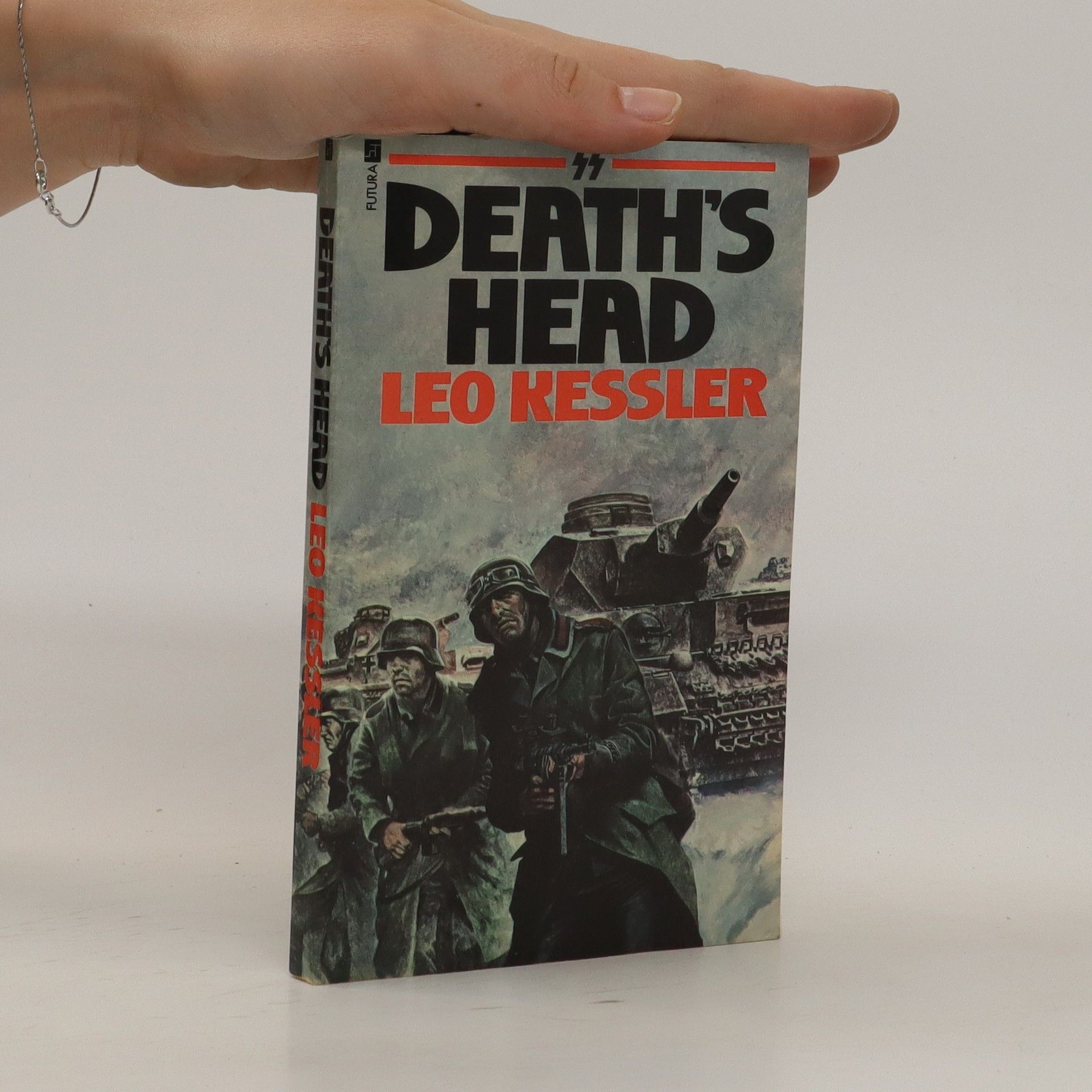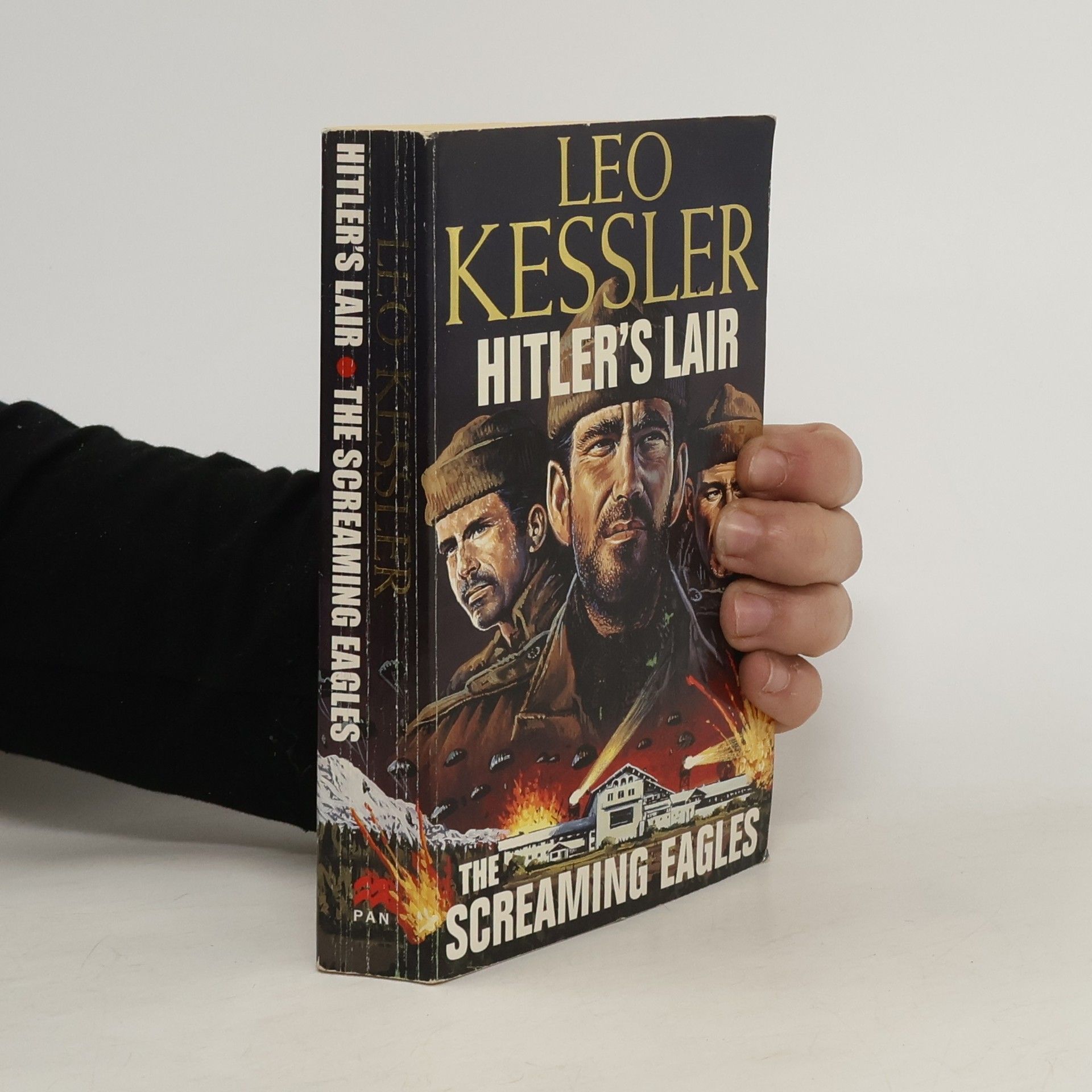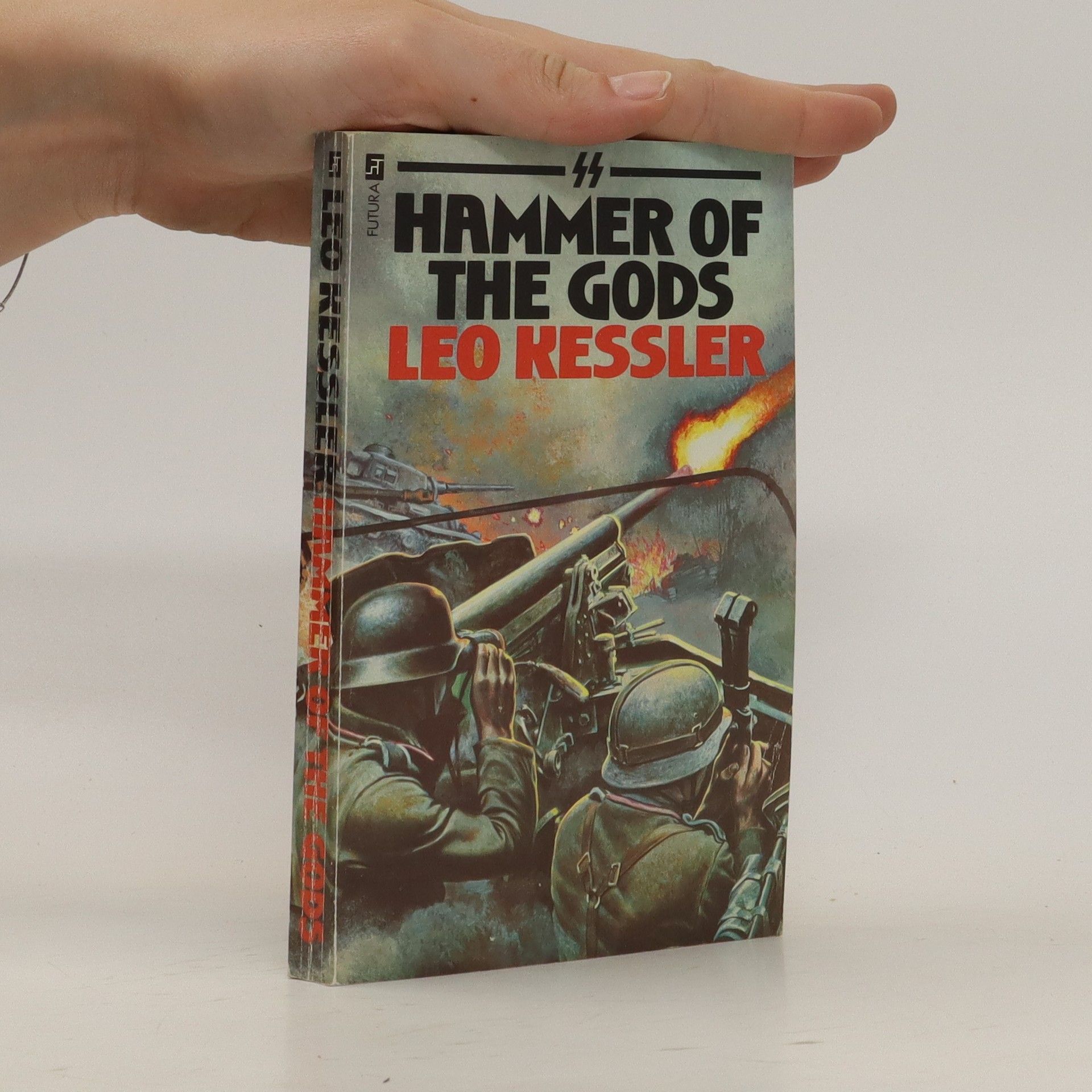"SS Assault Regiment Wotan was training and recuperating after its grueling struggle in Russia. None of those men straining up the glassy slope under the eyes of their commander, Colonel Horst Geier, guessed that already they had been singled out for a new mission ... German High Command knew that the British would launch an attack on Dieppe, and had realised that there was only one regiment that could be trusted to halt them in time and defend the vital coastal battery: the soldiers of Wotan." -- Back cover
Charles Whiting Livres
Un prolifique auteur britannique, réputé pour ses vastes ouvrages d'histoire militaire et ses romans, Whiting s'est profondément inspiré de ses propres expériences en tant que sergent pendant la Seconde Guerre mondiale. Son écriture offre une représentation authentique et vivide du conflit, détaillant méticuleusement les réalités de la guerre et son impact psychologique. Qu'il explore des récits factuels ou crée des narrations captivantes, Whiting possédait une capacité unique à immerger les lecteurs dans l'atmosphère intense de la bataille. Son héritage réside dans son exploration fascinante de la vie et de l'histoire militaires.







In the grey September of 1944, colonel von Dodenburg's SS battle group Wotan became the Fuhrer's Fire Brigade, the crack unit of the German Wehrmacht, to be thrown into any battle as a last desperate measure to redress the balance. As the Allied armies closed in on Germany's holy city of Aachen, even the most optimistic said that Hitler's war was lost. Only Colonel von Dodenburg's black uniformed troopers, with their dreaded silver death's head badge, were convinced that they could still save the day.
The Criminal Mind
- 400pages
- 14 heures de lecture
The harrowing memoir of forensic psychiatrist Dr Duncan HardingAs a forensic psychiatrist, Duncan Harding has worked on some of the most harrowing cases one can imagine. spending time in the prison service, the Old Bailey and at Broadmoor psychiatric hospital. His is a life spent working with serial killers, psychopaths, children who kill their family and friends. From notorious cases of gang violence and repeated domestic abuse, to a twelve year old boy who set fire to his classmate's face, Harding reckons daily with humankind's unspeakable capacity for sadistic violence.Yet it is the humanity of these perpetrators that is the most shocking - how, with the wrong push at the wrong time, so many people are mere inches away from similar brutality. The people Harding has met and the stories they tell paint a chilling picture of modern Britain, and the paths our society leads people down towards the most horrific of acts.
44 In Combat from Normandy to the Ardennes
- 219pages
- 8 heures de lecture
Depicts the experiences and living conditions of the ordinary Allied soldiers fighting in the battles in Europe during 1944
Hitler's Lair
- 218pages
- 8 heures de lecture
This omnibus includes 'Hitler's Lair' and 'The Screaming Eagles' - two novels set during the World War II.
Sonnets
- 50pages
- 2 heures de lecture
The most famous sonnet cycle in world literature now in a French prose translation.Le plus célèbre cycle de sonnet dans la littérature mondiale maintenant dans une traduction en prose française.
The Home Front. Germany
- 208pages
- 8 heures de lecture
The Germans toughened themselves for Nazism, but then suffered greatly in the bombed-out ruins of their cities



